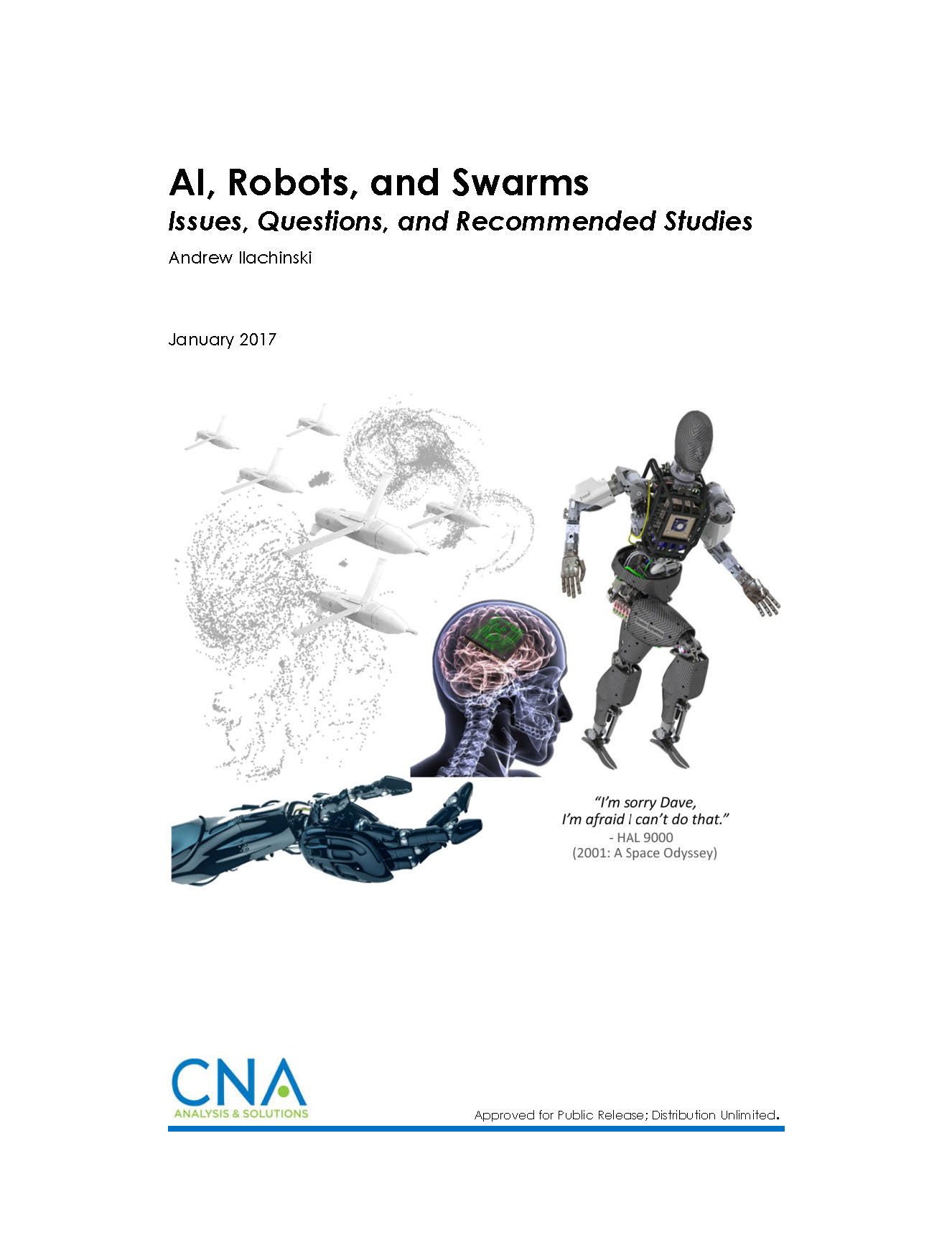A notable number of groundbreaking artificial intelligence (AI)-related technology announcements and/or demonstrations took place in 2016:
AI defeated the reigning world champion in the game of Go, a game that is so much more “complex” than chess that, prior to this event, most AI experts believed that it could not be done for another 15-20 years.
AI learned on its own where to find the information it needs to accomplish a specific task.
AI predicted the immediate future (by generating a short video clip) by examining a single photograph (and is also able to predict the future from studying video frames).
AI automatically inferred the rules that govern the behavior of individual robots within a robotic swarm simply by watching.
AI learned to navigate the London Underground by itself (by consulting its own acquired memories and experiences, much like a human brain).
AI speech recognition reached human parity in conversational speech.
An AI communication system invented its own encryption scheme, without being taught specific cryptographic algorithms (and without revealing to researchers how its method works)
An AI translation algorithm invented its own “interlingua” language to more effectively translate between any two languages (without being taught to do so by humans).
An AI system interacted with its environment (via virtual actuators) to learn and solve problems in the same way that a human child does.
An AI-based medical diagnosis system at the Houston Methodist Research Institute in Texas achieved 99% accuracy in reviewing millions of mammograms (at a rate 30x faster than humans).
These and other recent similar breakthroughs (e.g., IBM’s Watson’s defeat of the two highest ranked Jeopardy! players of all time in 2011), are notable for several reasons. First, they collectively provide evidence that we, as a species, have already crossed over into an era in which seeing AI outperform humans at least for specific tasks is almost routine (perhaps in the same way that landing on the moon was “almost” routine after the first few Apollo missions). Second, they offer a glimpse of how different AI is from human intelligence, and how inaccessible its “thinking” is to outside probes. And third, they demonstrate the power of AI to surprise us (including AI system developers, who nowadays are closer in spirit to “data collectors” and “trainers” than to traditional programmers)—i.e., AI, at its core, is fundamentally unpredictable.
Download reportDetails
- Pages:
- Document Number:
- Publication Date: 1/1/2017
